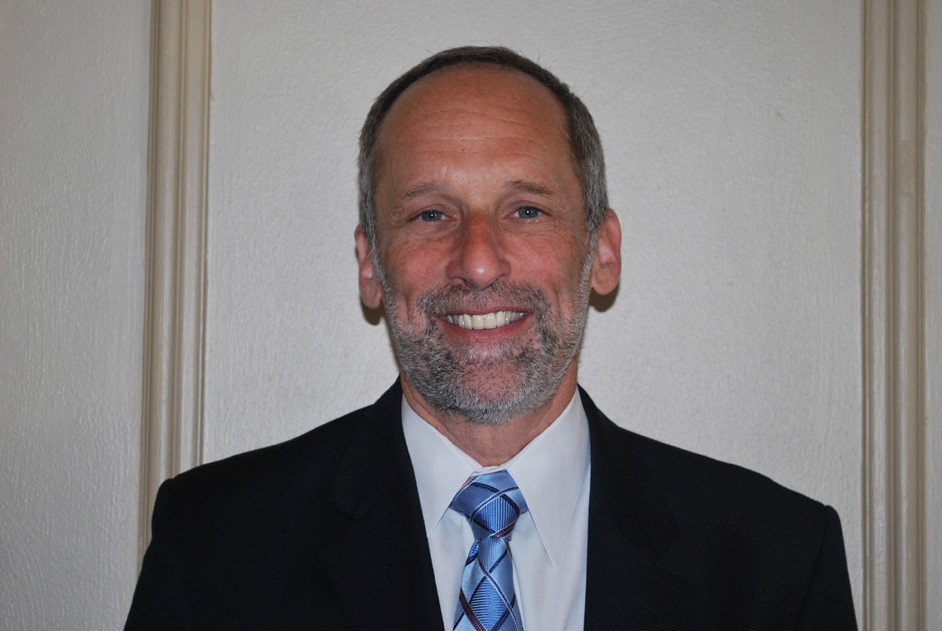A message from the Lawrence superintendent
Changing expectations for children is not rocket science
Many factors influence academic achievement and a child’s overall success in school. As educators we rely heavily upon research and statistics, but good old life experience is usually our best guide.
My brother Harold, a Ph.D. from the Massachusetts Institute of Technology, is a rocket scientist and a leader in our nation’s Airborne Laser Defense System — the Star Wars Program. He and I agree that determining the factors that most influence academic success is not rocket science, but certainly more challenging to deal with than pure scientific variables.
The single greatest influence on academic achievement is a child’s family life. Statistics related to socio-economics, and the parents’ level of education-specifically the mother, show the strongest association with competency levels. An achievement gap results when family issues arise, related to the basic needs of clothing, physical and mental health, nutrition, and shelter. As unemployment reaches 9.5 percent and our government struggles with an unprecedented national debt, families throughout the nation are in crisis. We are well positioned in the Five Towns but nonetheless must aggressively address these issues as they directly or indirectly impact so many of our children.
For years, these issues have served as an excuse for ineffective action. There are no more excuses for us! There is no more finger pointing! These issues are now part of a daily challenge that must be addressed systemically by every teacher, counselor, administrator, parent, relative, neighbor, and community member. We are working on a comprehensive educational plan with specific goals, timelines and expected outcomes. Our community’s first Town Hall Meeting, on Thursday, Sept. 15, will provide an introduction to the plan and an opportunity for the public to provide input to help move it forward.
A plan is all well and good but where do we begin? We begin now by changing the expectations we have for our children and the manner in which we interact with them. We change the nature of our conversations with children and with each other. We take responsibility for the words we use and the way we talk about each other.
We take time from the Internet, Facebook, television, and video games to spend meaningful time with our children. When we ask, “What was doing in school?” and the child says, “nothing” — we do not accept that answer and explore every possible means for the child to express him or herself. We read and we have our children read! We must create a positive and supportive environment in the classroom, hallways, home, and public places.
Where do we begin? The easiest place to begin is with a smile given to every child! It’s not rocket science but clearly a greater challenge.






